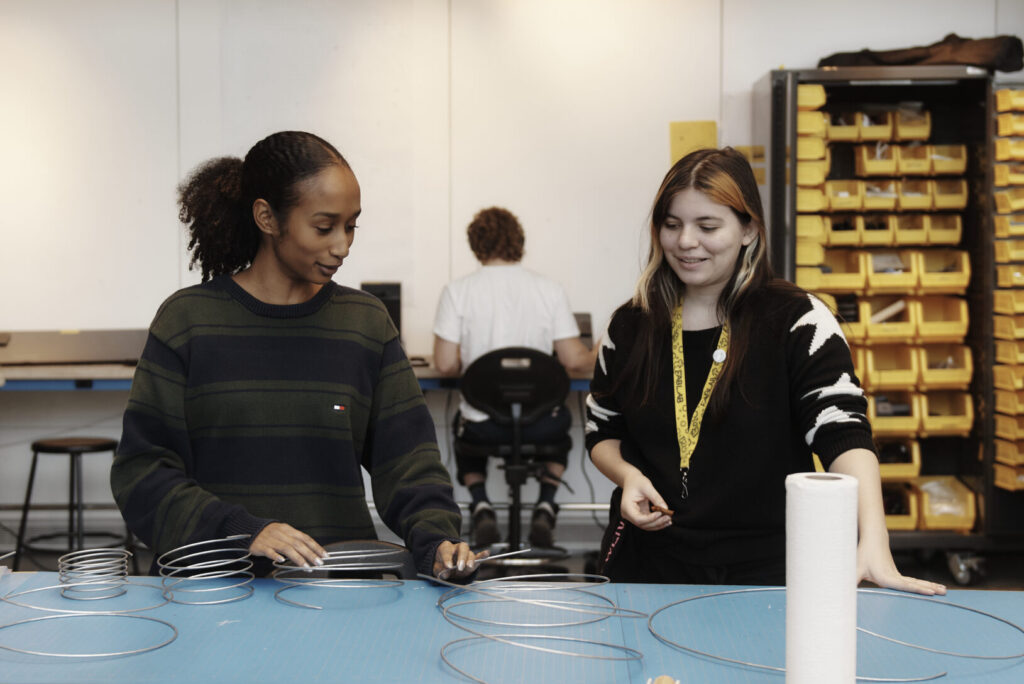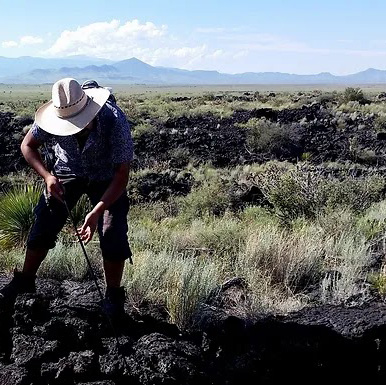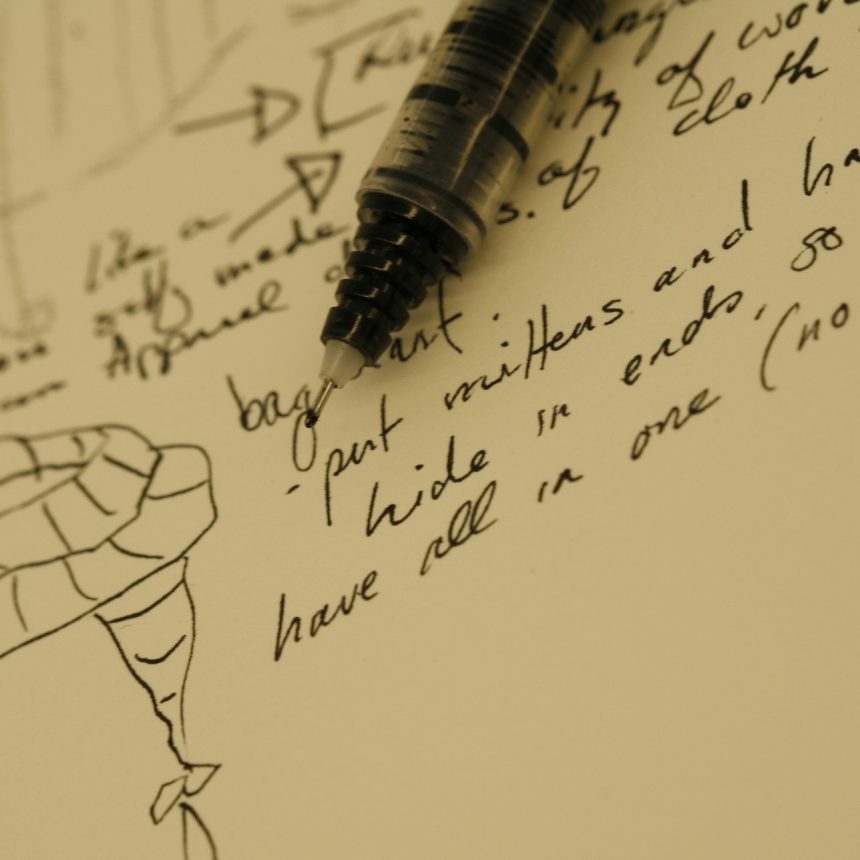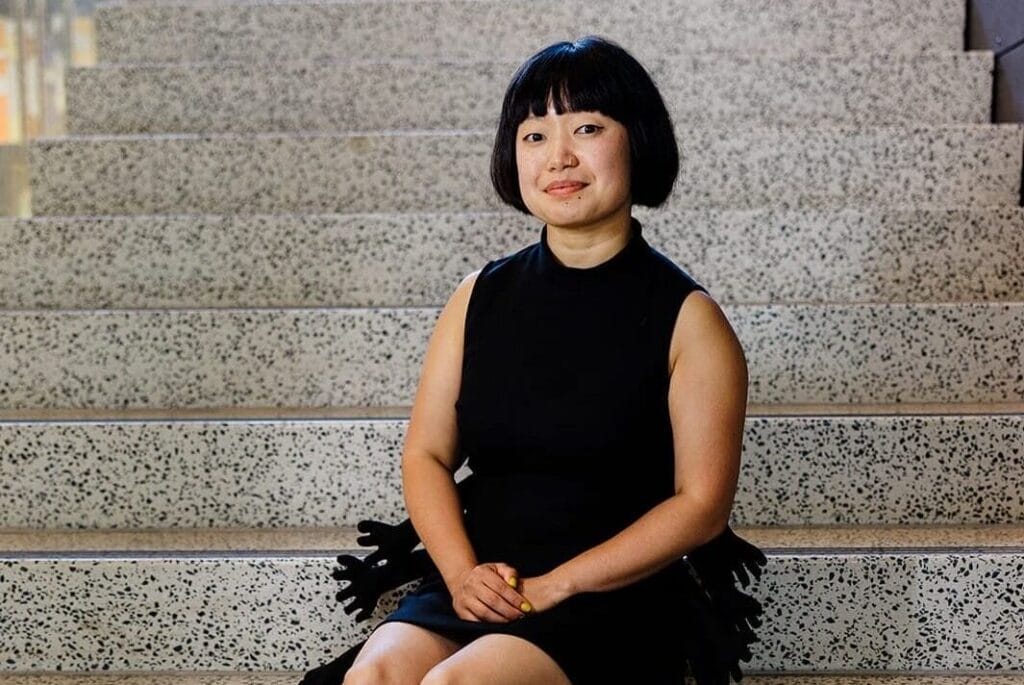
Explore MassArt’s innovative hub for art and science integration, collaboration, and public engagement.
In MassArt’s newly-created Integrative Sciences and Biological Arts (ISBA) department we invite our students to engage in inquiry-based experiential learning, through lab- and field-based courses and research projects. We play a fundamental role in formal and informal science learning, science literacy, and science engagement across the college and in the community. Students in our department are prepared and empowered to contextualize and integrate science in their creative lives, and to explore and engage with the social and natural world in a meaningful way.

In the BioMedia Lab, students take part in hands-on science and art exploration, biological inquiry, and hybrid research.
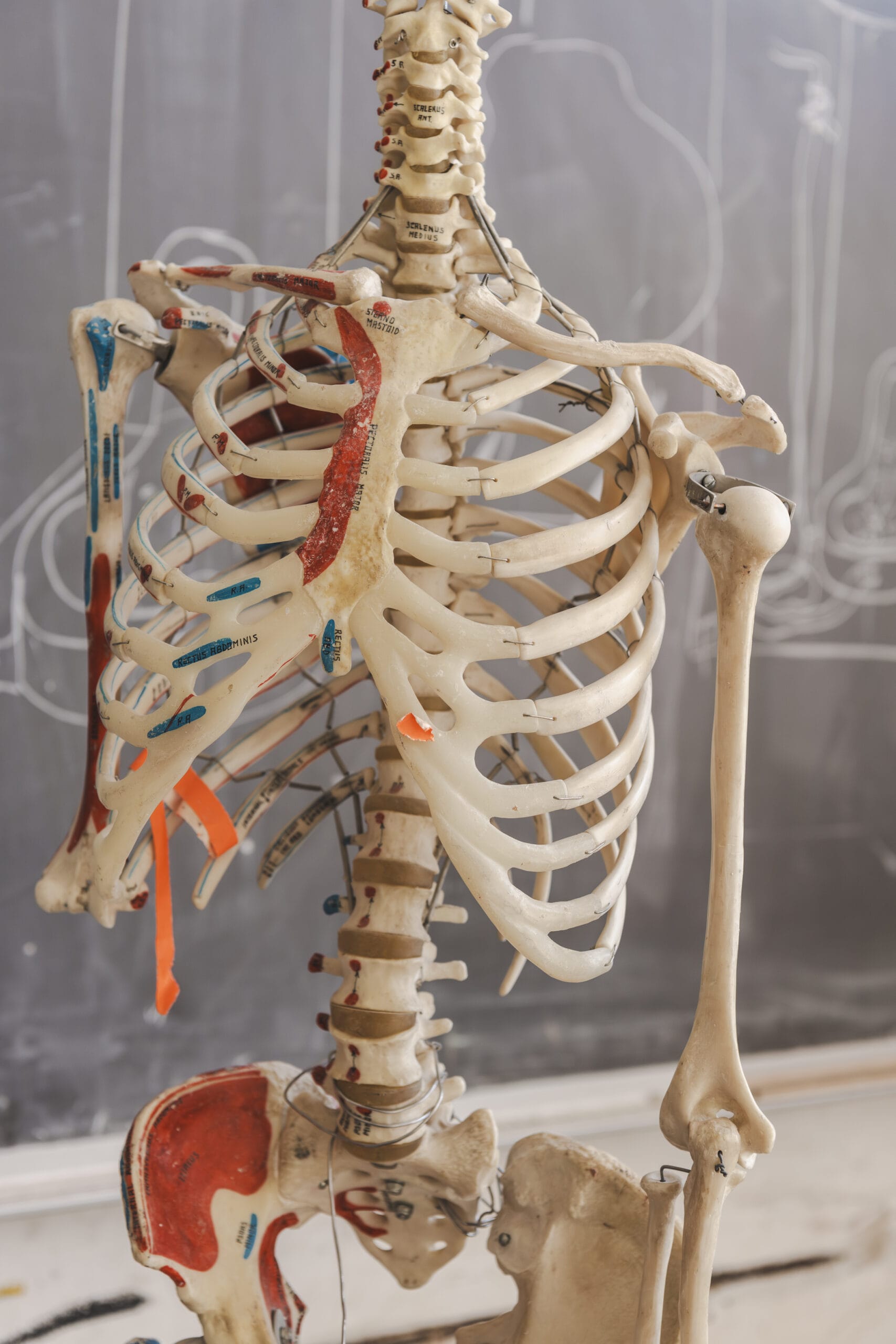
- Study of Social Sciences such as psychology and anthropology helps students to understand individuals, cultures and societies, history, and human behavior within the matrix of time.
- Natural Science teaches what testable theory and experiment reveal about the physical world in order to gain an understanding of scientific method and principles.
- Mathematics teaches logic and skills applicable to material and structural calculations in design projects.
Taken as a whole, the Integrative Sciences and Biological Arts curriculum is designed to teach students to:
- Think critically and creatively
- Speak and write clearly and effectively
- Communicate precisely, cogently, and effectively
- Know facts, terms, methods/technologies, and persons important to a science, art/design/craft, and discipline
- Understand the experimental, observational, and empirical basis for determining truth in the physical, social, and biological sciences
- Critically study and undertake comparative/integrative approaches to scientific and artistic exploration
- Study and develop inclusive community/civic/public engagement centered on science communication
- Understand the social, political, environmental, economic complexities of human societies
- Explain, defend, and critique opposing points of view
- Consider moral and ethical problems from a variety of perspectives
- Respect, understand, evaluate, and undertake inter- and cross-disciplinary research in a variety of fields
- Contextualize and integrate science in their creative lives and work

Caroline Hu
Assistant Professor, Integrative Sciences and Biological Arts- Faculty




